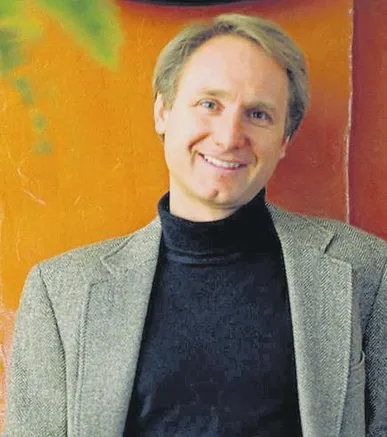
Evangelical Futures: Peace, be still!
If a few years ago you had said that some of the most prominent evangelical ministers in the UK and the USA would be exposed as spiritual and sexual abusers, few would have believed you, at least not about the extent of it. But it has happened, and it has happened in a context full of other pressures.
Church life has been greatly disrupted by the measures taken to contain the pandemic. Christians face marginalisation and increasing hostility toward their ethical convictions. Society itself, at least as perceived through the lens of the media and social media, has been convulsed by a concern with deep-seated systemic sins, and Christians have been divided in their response. Some have embraced the concern as vital for the church’s integrity and witness, others have opposed it as ungodly cultural Marxism. Christians have begun to look at one another like opponents rather than spiritual siblings.

Think more deeply
Why you can relax while
saying the Creed
‘We believe in one God’
How do we get to the point where we can
stand up and say ‘We believe…’? What is the
energy that enables us to say this and that
keeps us saying it?
These might seem like strange questions to
ask, but they are important. It is possible to
think of saying the Creed as something we
do by an act of our own spiritual willpower,
much
like a superhero who strains every
sinew to bend his will to lift the steel girder
that has fallen on a car.
If that is how I feel as I say the Creed then
I have misunderstood a great deal – not only
about the Creed, but about the Christian
life itself. The very act of saying the Creed,
of being able to declare the Christian faith
before God, the angels, the demons, and the
world, is possible only by the grace of God.
It is not we who have brought ourselves to
this point where we can say ‘We believe’, nor
is it we who keep ourselves here. It is all of
God. Our mouths declare God’s praise only
because He opens our lips.
It is bad enough to think that we come
to profess the faith under our own steam.
It is even worse to think that it was the
church that created the realities described
in the Creed. Everything the Creed speaks
of is real only because God is who He is in
eternity and because God has done what
He has done in history. We are not the ones
who constitute the ‘Christ of faith’ when we say the Creed: the Christ of faith is the
previously-existent Jesus of history.